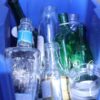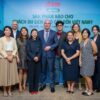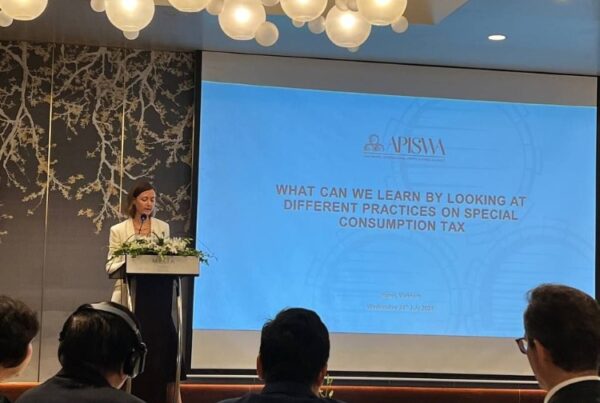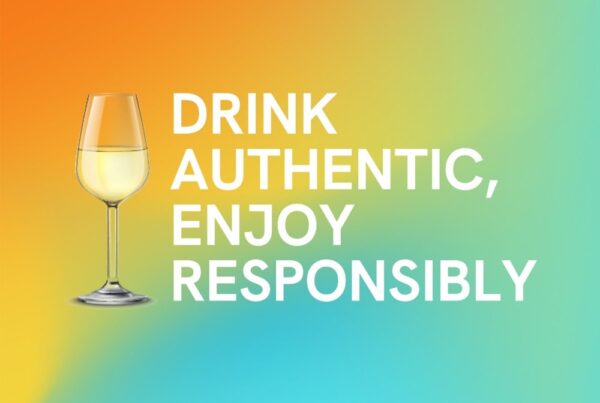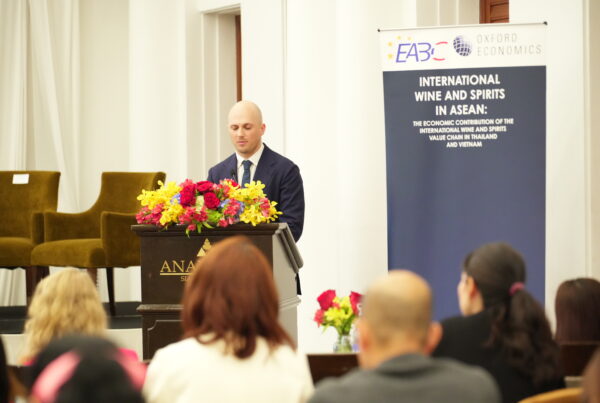Hanoi, Vietnam, 29 October 2024 – Sustainability is rapidly becoming the cornerstone of every industry. The Asia Pacific International Spirits and Wines Alliance (APISWA), representing 11 global spirits and wine producers operating across the Asia-Pacific region, is demonstrating leadership in sustainability within the beverage industry with the release of its 2024 Sustainability Report, “Towards A Sustainable Future: Advancing ASEAN’s Environmental Agenda”.
Outlining APISWA member companies’ regional and global commitments
APISWA today launched its 2024 Sustainability Report in Vietnam, highlighting member companies’ commitments to reduce their environmental footprint through innovative solutions in energy, waste, water, sourcing, and product packaging.
The report includes a section deep-diving into glass recycling and circularity. With almost all spirits and wine products packaged in glass, APISWA member companies have invested in solutions that aim to decrease carbon emissions from packaging and encourage circularity and returnability in the supply chain.
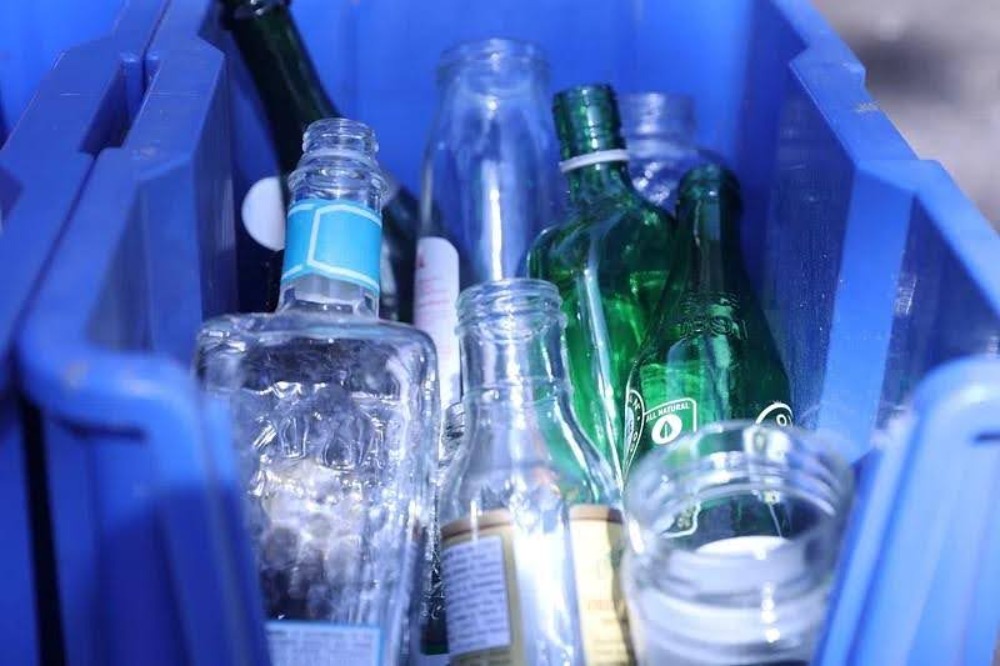
”Collaborating to increase glass recycling rates is key to building a sustainable, circular economy in Vietnam.
APISWA Director Davide Besana, said, “The wine and spirits industry can play a leadership role by working in partnership with all stakeholders across the value chain. APISWA member companies are exploring opportunities to pilot and scale up initiatives in the on and off-premise, and look forward to working with governments and cross sectoral stakeholders to support an increase in glass recycling rates.”
In Vietnam, APISWA also worked with the Economy & Environment Partnership for Southeast Asia (EEPSEA) to study the current post-consumer glass waste pathways and value chain. Its report, launched in January 2024, represents an important first step for the industry in analyzing the local glass waste roadmap and identifying ways to collaborate on glass recycling solutions.
Collaborating to increase glass recycling rates in ASEAN and Vietnam
Glass is 100% recyclable and can be recycled endlessly without a loss in the quality or purity, making it an ideal candidate for a circular economy. However, glass recycling rates remain low in Vietnam, standing at 15% compared to aluminium cans (70%) and plastic bottles (32-45%).
The APISWA report found that the infrastructure for sorting, collecting and recycling glass bottles in Vietnam remains largely underdeveloped. More can be done to recognise the specific challenges faced by stakeholders across the value chain in Vietnam — from individual scrap pickers to scrap businesses and glass producers, as well as consumers. This holistic approach is key to developing solutions that can deliver change in glass recycling.
Mr. Bayard Sinnema, Commercial Director – Asia of leading glass bottle manufacturer O-I, said, “The glass market in Vietnam is around 220,000 tonnes, which represents a significant opportunity to build scalable, sustainable infrastructure that could benefit all stakeholders. The industry can lead in efforts to educate the glass waste ecosystem on the value of diverting glass from landfills. By showing the opportunities and value in recycling glass, it will be able to attract more investment for building better infrastructure.”
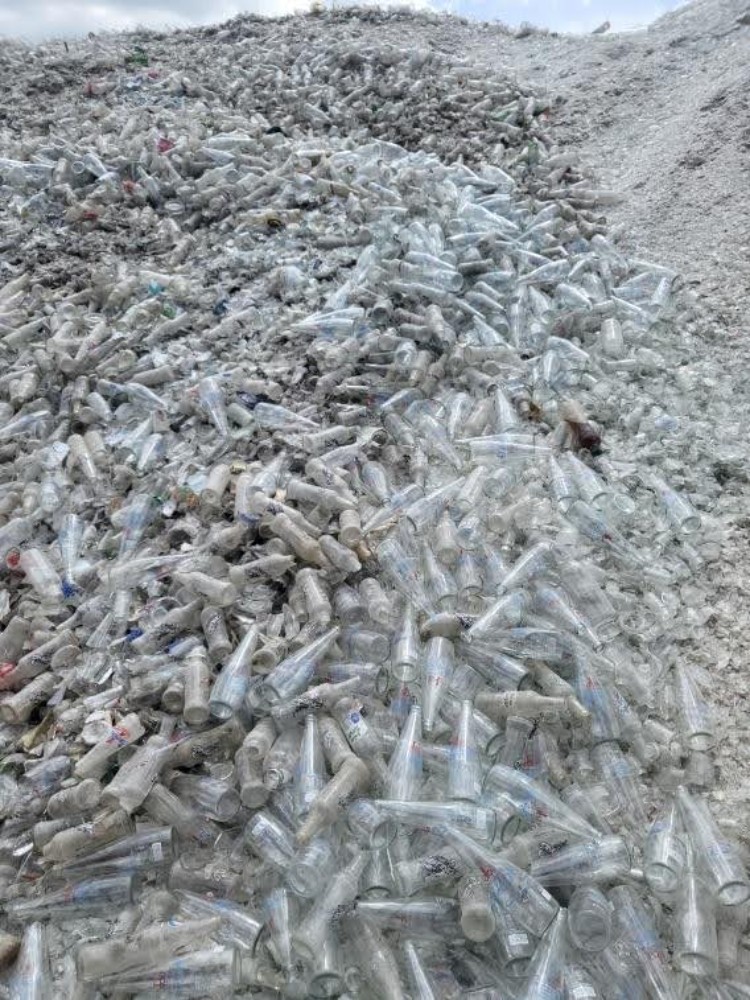
In 2020, Vietnam introduced an Extended Producer Responsibility (EPR) scheme – among the first countries in Southeast Asia to introduce EPR. The EPR requires manufacturers and importers to contribute to national efforts to increase household recycling rates of materials like PET plastics, aluminum cans and glass.
Mr. Thong Q. Ho, Lecturer and Research Fellow, Economy and Environment Partnership for Southeast Asia (EEPSEA), said, “A single policy is not sufficient for a complex issue, a combination of legal and market-based instruments, as well as working with industry associations such as APISWA to provide public education, known as a behavioral initiative, on glass recycling should be a good option. The EPR scheme is an opportunity for producers to share responsibility with government and society for sustainable development. This involves implementing pilot programs to assist waste collectors, businesses, and households in lowering the costs of recycling glass or establishing sufficient economic incentives for the glass recycling market. Creating a recycling market for glass waste also contributes to making the glass industry more sustainable by reducing energy consumption and reliance on raw materials.”
“Along with supporting the government’s efforts in protecting the environment and encouraging recycling in order to foster the growth of Vietnam’s green and circular economies, businesses hope suitable policies will be issued that correspond with the current environment in Vietnam, motivating manufacturers and recyclers to move toward sustainable development,” shared Ms. Chu Thi Van Anh – Vice President, General Secretary of the Vietnam Beverage Association (VBA).
Recommendations for future sustainability
The global sustainability initiatives of APISWA members are deeply aligned with Vietnam’s national goals for a green, low-carbon economy and the broader ASEAN Vision 2025 for a sustainable and resilient region. The report aims to kick start conversations around glass recycling initiatives that raise glass recycling rates, including efforts to ensure well-established EPR frameworks that are transparent, industry-led and trade-friendly.
For more information, please contact APISWA at secretariat@apiswa.org.
Learn more about the Sustainability report here:
